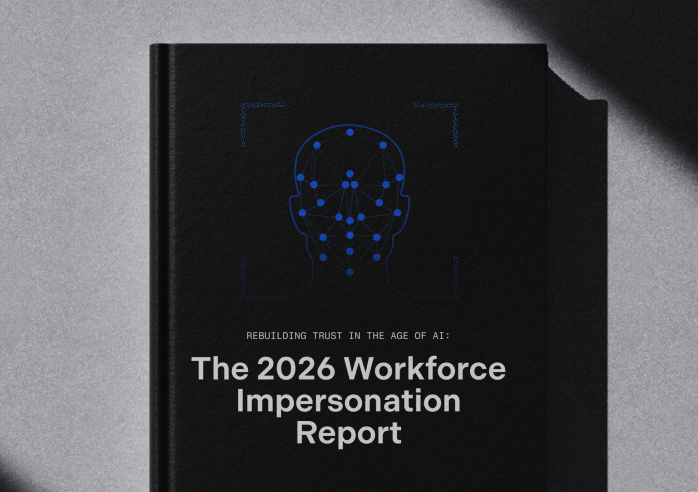As technology firms consider the future of the Internet and digital spaces, several companies are debating what kind of role virtual reality and the metaverse will dictate in coming years.
While Meta (formerly known as Facebook) is currently leading the charge to create a metaverse, the Nametag team is watching other major organizations, such as Microsoft, Roblox or Decentraland’s efforts to enrich online interaction through virtual communities, while using emerging, next-gen technology like VR, augmented reality (AR), or holograms.
We’re thinking about how we can help users within any metaverse protect their digital identities and assets - and to do so, we took a deep dive into the Metaverse to understand how real people are using the platform, and how we can authenticate the people and businesses on any platform.
Solving Real World Problems, Digitally.
In a conversation on Ubisecure’s “Let’s Talk About Identity” podcast, our CEO Aaron Painter said, “One of the scariest things about the metaverse is that we are inheriting a problem that we haven’t really solved in today’s world. And that’s this concept of how you trust someone online or over the phone, or in a virtual or digital context.”
Nametag addresses the limits of Web 2.0 security by offering companies a Multi-Factor Identity solution to empower users to sign in with their ID. But unfortunately, Web3 is inheriting the same problems as Web 2.0. According to Aaron, “most of what we’re seeing in the metaverse today is identifying people based on their crypto wallet address,” which is exactly like identifying someone by their email address, or username on any digital platform.
Thus, the questions remain. How do we protect our Metaverse Digital identities in a decentralized space with limited regulations? How do businesses protect their digital real estate and virtual storefronts? And how will users protect the products and services they purchase?
We believe that safe communities need to know the real identities behind their users. By enforcing authenticity on platforms, companies can ensure that people conduct themselves properly or risk a permanent ban, which can’t be circumvented with alternate accounts.
So how do we apply our mission and our technology to Web3’s legacy problems?
Businesses Must Solve for the Individual
At Nametag, we believe that protecting digital identities in the Metaverse starts by solving problems for individuals.
To give you just one example, we gave companies in the dating industry a secure way for users to verify their identities. With our solutions, users can not only trust companies to secure their community from malicious actors and catfishers, but they can also trust that other users are acting in good faith.
Protecting Metaverse Digital Identities with Multi-Factor Identity Solutions
As the Web3 space continues to evolve, we project that a new generation of users will want a more secure way of confirming a person’s digital identity is authentic. By pairing a user’s government-issued ID with real-time authentication through a selfie, we’re offering individuals a consistent framework to manage their digital identities. Once individual authentication and security is standardized, we can use this to verify the real businesses and organizations looking to set up shop in the metaverse.
Conclusion
Like our CEO, the Nametag team is deeply optimistic about the prospect of laying the foundation for a deeper level of authenticity and security for the next generation of Internet and Web3 users.
As different organizations continue to develop their own metaverses and virtual communities, individuals and businesses alike need a consistent solution to verify and manage their digital identities and assets, across different platforms. Our solutions give individuals a solution that actually ties their Metaverse digital identities and authentications to their accounts.
Ready to take the next steps to ensure you’re operating in a safe, open, and authentic digital space? Schedule a demo with us to learn more.



